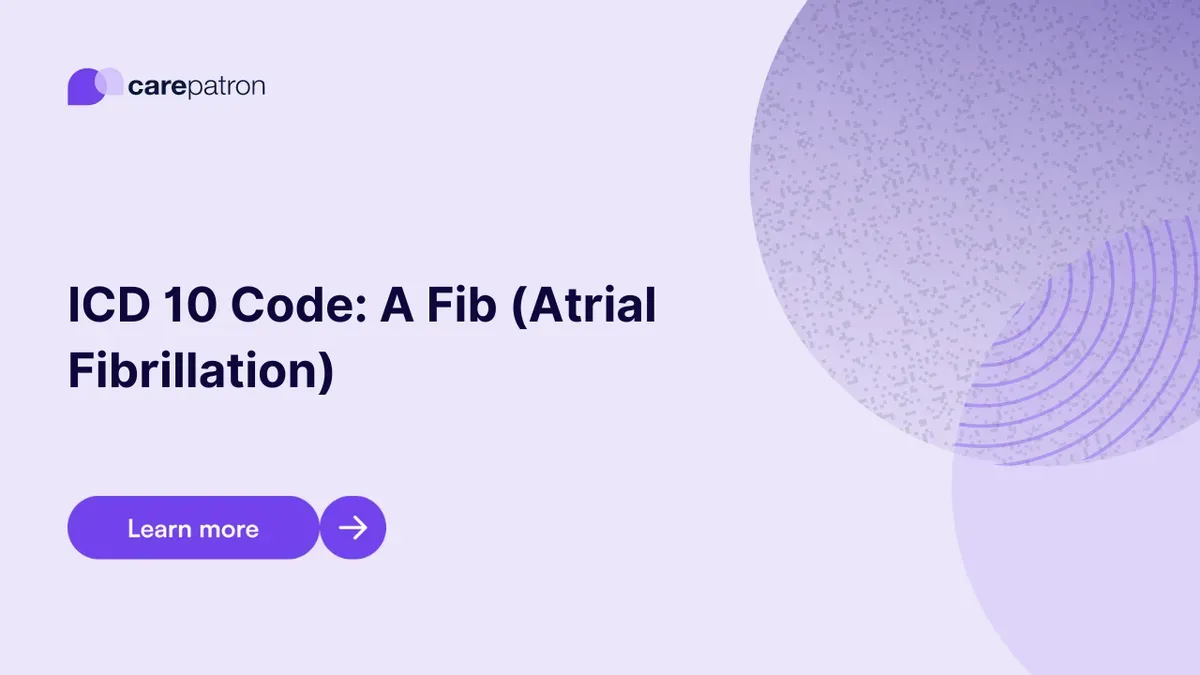What ICD-10 Codes Are Used for A Fib?
Atrial Fibrillation (A Fib) is an irregular and often rapid heart rate. Here are the commonly used A Fib ICD codes:
- I48.0: Paroxysmal atrial fibrillation
- I48.1: Persistent atrial fibrillation
- I48.2: Chronic atrial fibrillation
- I48.91: Unspecified atrial fibrillation

